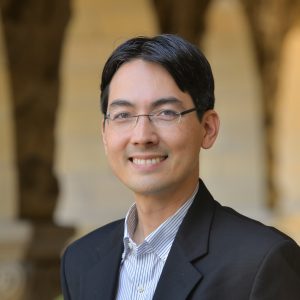 My podcast guest, Phillip Lipscy and were fortunate enough recently to attend a major conference on Japan’s leadership in the Liberal Order. This conference was organized by my good friend and colleague, Professor Yves Tiberghien of the University of British Columbia and its Centre for Japanese Research Worksop. Many Japanese colleagues joined experts from North America to discuss the role of Japan in the Liberal Order, especially under the current Abe Government. It is clear that Japanese foreign policy has changed. But how much. One need only look at Japan’s major role in picking up the Trans-Pacific Partnership (TPP) after President Trump withdrew the United States from it. The vigorous Japanese leadership efforts resulted in the conclusion of the TPP 11with all members other that the United States agreeing to the revised TPP. And Japan has hosted the G20. Nevertheless, the question remains why and how far has Japanese foreign policy changed. There seems to me to be a rather mixed Japanese leadership role but let’s join Phillip in getting his views of Japanese leadership in the Liberal Order.
My podcast guest, Phillip Lipscy and were fortunate enough recently to attend a major conference on Japan’s leadership in the Liberal Order. This conference was organized by my good friend and colleague, Professor Yves Tiberghien of the University of British Columbia and its Centre for Japanese Research Worksop. Many Japanese colleagues joined experts from North America to discuss the role of Japan in the Liberal Order, especially under the current Abe Government. It is clear that Japanese foreign policy has changed. But how much. One need only look at Japan’s major role in picking up the Trans-Pacific Partnership (TPP) after President Trump withdrew the United States from it. The vigorous Japanese leadership efforts resulted in the conclusion of the TPP 11with all members other that the United States agreeing to the revised TPP. And Japan has hosted the G20. Nevertheless, the question remains why and how far has Japanese foreign policy changed. There seems to me to be a rather mixed Japanese leadership role but let’s join Phillip in getting his views of Japanese leadership in the Liberal Order.
Phillip has recently joined the University of Toronto from Stanford University as an Associate Professor of Political Science at the UoT and is the new Chair in Japanese politics and global affairs and Director of the Centre for the Study of Global Japan at the Munk School of Global Affairs & Public Policy here at the the University of Toronto. Phillip has published extensively on Japanese politics and foreign policy.
So come join us as we discuss the role of Japan in the current Liberal Orde. This is Episode 17 of the Summit Dialogue Series at Global Summitry at iTunes or at SoundCloud. .

